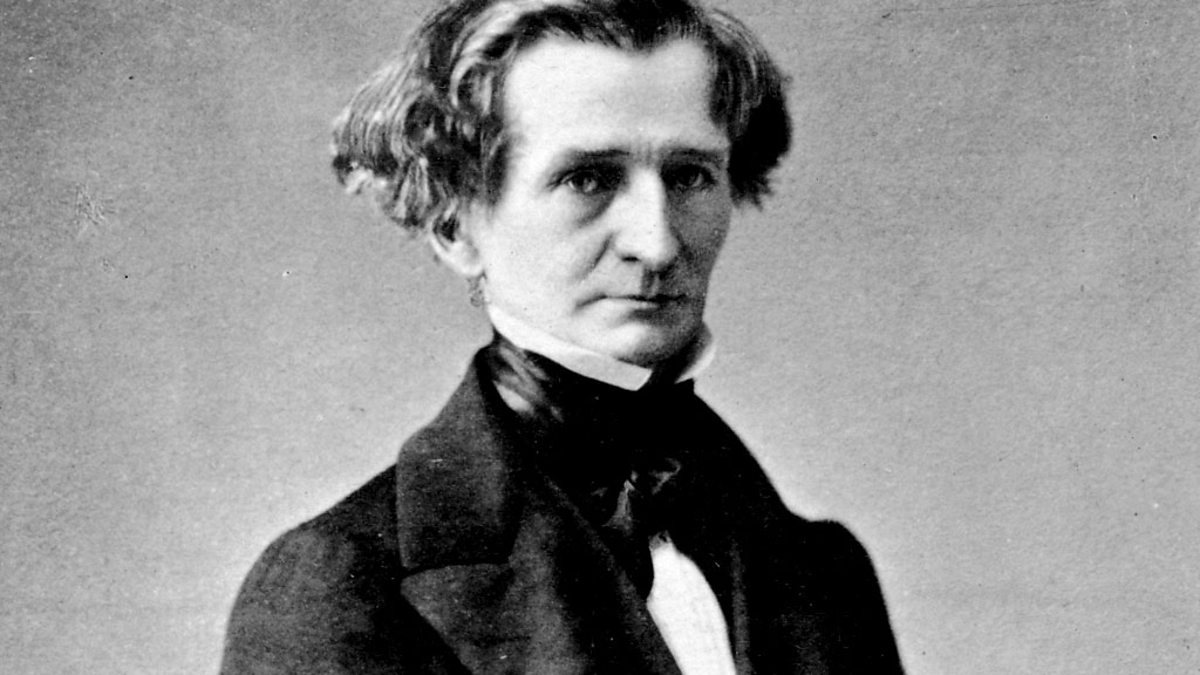Symphonie Fantastique: Berlioz’s Musical Hallucination
Hector Berlioz’s Symphonie fantastique, first heard in 1830, shares some surprising similarities with a teenager’s rock music: It’s shocking, rebellious, and at least partially drug-induced (Berlioz was under the influence of opium). It may have been written to impress a girl (Harriet Smithson, an Irish actress whom Berlioz saw in a production of Hamlet in 1827, leading to an infatuation and ultimately short-lived marriage). It deals with the pain of unrequited love, yet this …

